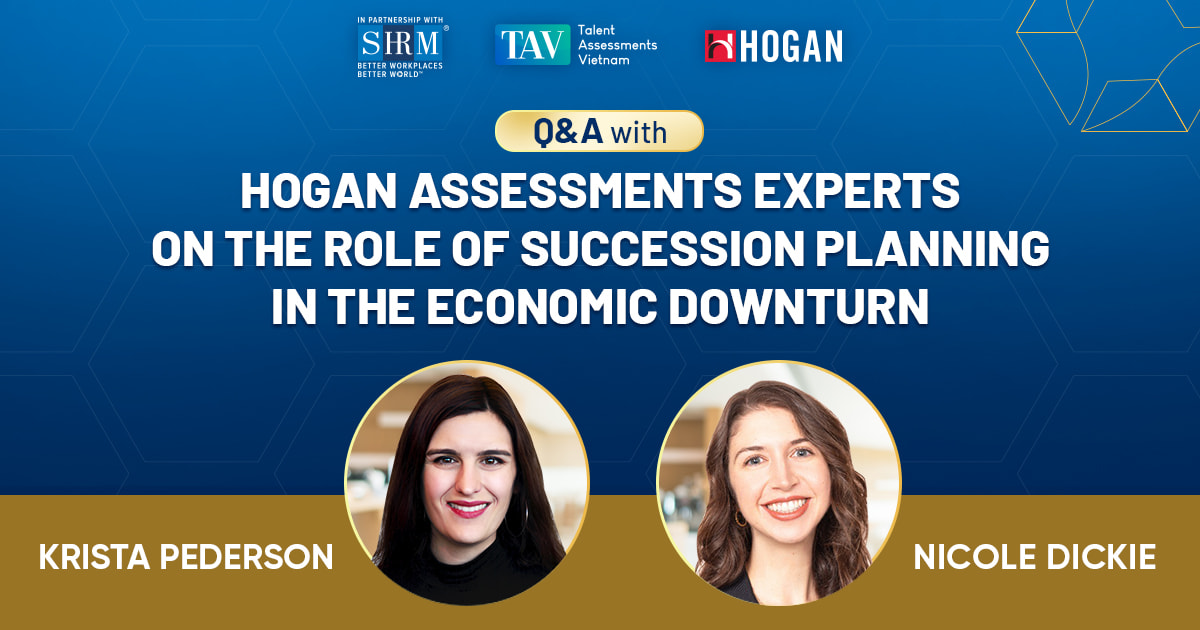HR CAN’T CHANGE COMPANY CULTURE BY ITSELF
Editor's Note: SHRM has partnered with Harvard Business Review to bring you relevant articles on key HR topics and strategies. In this article, the author outlines the importance of a strong company culture.
A strong culture is vital for organizational success – as evidenced by the relationship between culture and leadership, employee commitment, customer satisfaction, and innovation. But "strong" doesn't mean fixed. As the organizational goals and strategy change over time, so too should culture intentionally be changed. The best leaders ask, "Who do we need to be (culture) in order to achieve what we're trying to do (strategic goals)?" But there's one barrier that holds many organizations back from genuine and successful culture change: ownership. The first question to ask when culture change is on the horizon should not be, "How do we go about this?" but rather, "Who owns this?"
The answer is, too often, HR. Recently, I spent time with one of the world's largest financial institutions, in the process of changing their culture. They have a significant call to change, an official remit to do it, yet one major challenge of ownership. And as with most medium-to-large organizations, official responsibility for shifting organizational culture lies in the hands of senior HR executives and their team.
While culture change can be an important and exciting project for HR, making it HR's sole responsibility doesn't work out as anyone had hoped. Too often, it devolves into a transactional "box-ticking" exercise. In this financial institution, for instance, it is often unjustly regarded as "just more to do from HR." This isn't through bad intention or lack of belief that the culture change matters. It's usually because of competing priorities. So unless it's the official responsibility of business unit leaders, it's hard to move culture change to the top of their agenda when there are so many other formal responsibilities. Particularly when they know that HR, who tend to have greater skills and expertise in this area, is supposed to be leading the charge.
True culture change means altering the way the organization lives and breathes. It shapes the way people make decisions, get their work done, what they prioritize, and how they interact with colleagues, clients, and customers. It is really only successful and powerful when business leaders see it as their responsibility, and see HR as a resource for helping them achieve it. Consider a recently published longitudinal study by Anthony Boyce and colleagues that found culture "comes first" in predicting sales, as mediated by customer satisfaction. Surely creating that culture is just as much of a sales concern as an HR priority.
That's why culture change has to be a collaborative project. HR leaders can help business executives successfully execute culture change by doing four things:
- Facilitate the research phase. To move from A (existing culture) to B (desired, future culture) we often spend a lot of time and facilitate conversation and consultation deciding on B, but not enough time having a tangible, meaningful understanding of A. What do we look like now, at all levels — values, behaviors, processes, policies, artifacts? The larger the organization, the more variety we'll get in what A really looks like across the firm. Business leaders need to know, and HR can be a huge resource in facilitating this process.
- Convince leaders culture can change… So many senior leaders I meet are, in reality, very skeptical that culture really can change. And rightly so. Most have only seen culture change when drastic internal or market circumstances have forced it upon the organization. This skepticism is justified, as there are many examples of culture change not transpiring despite all the "talk" or of the change not turning out well. HR can help by sharing examples of how organizations have, in line with their long-term strategic objectives, proactively and positively driven culture change.
- …Then teach them how to change it. We can't assume business leaders will know what to do to influence culture. Some may have the expertise already, while others may find that it comes somewhat instinctively. But for others, even the most senior leaders, it can be a new and uncertain path. Few will have been involved in leading culture change before. It is not enough to engage business unit leaders to get their input on what needs to change and their buy-in to the initiatives. Only when we equip business leaders with the skills to drive culture change can we then give them ownership and hold them accountable for its success.
- Have a formal "handoff" where the project is handed over to the business. As soon as the time comes to shift from A to B and start making changes to facilitate the new culture, the message to business leaders should be clear from the very, very top: "This is not an HR project, it's yours." HR is there to support, help, and facilitate the change — much as an outside firm of experts would be. But ownership of making these changes does not lie with them; it lies with the business unit leaders themselves.
We need to be clear that in the life cycle of an organization, culture can and should change. And this change is best led from the very top, driven through equipped, accountable business unit leaders, working collaboratively alongside HR.
Rebecca Newton is a business psychologist, leadership advisor, and Visiting Fellow in the Department of Management at the London School of Economics and Political Science. Follow Rebecca on Twitter at @DrRebeccaNewton.








